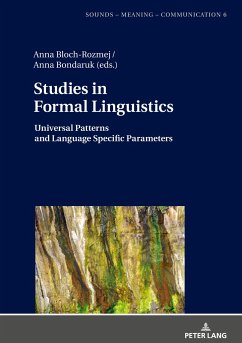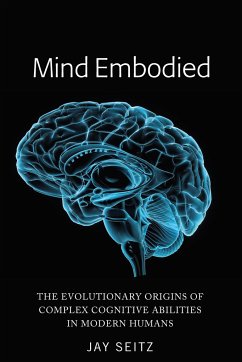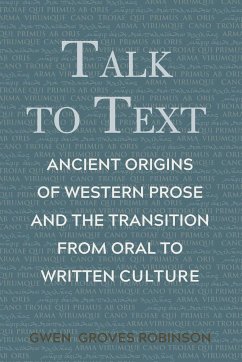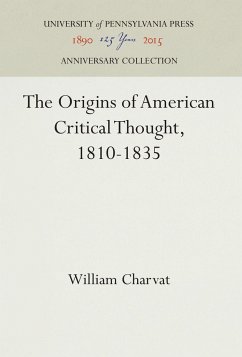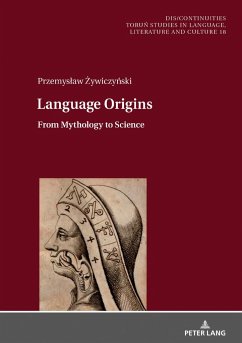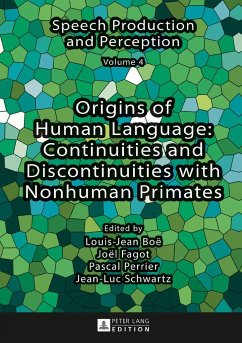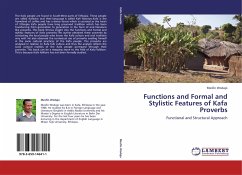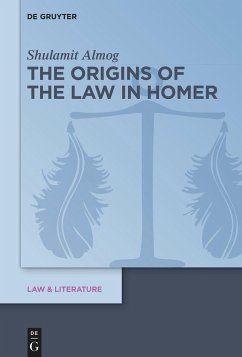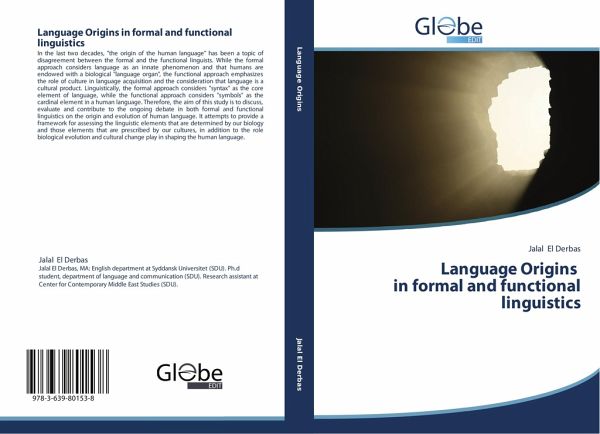
Language Origins in formal and functional linguistics
Versandkostenfrei!
Versandfertig in 6-10 Tagen
25,99 €
inkl. MwSt.

PAYBACK Punkte
13 °P sammeln!
In the last two decades, "the origin of the human language" has been a topic of disagreement between the formal and the functional linguists. While the formal approach considers language as an innate phenomenon and that humans are endowed with a biological "language organ", the functional approach emphasizes the role of culture in language acquisition and the consideration that language is a cultural product. Linguistically, the formal approach considers "syntax" as the core element of language, while the functional approach considers "symbols" as the cardinal element in a human language. Ther...
In the last two decades, "the origin of the human language" has been a topic of disagreement between the formal and the functional linguists. While the formal approach considers language as an innate phenomenon and that humans are endowed with a biological "language organ", the functional approach emphasizes the role of culture in language acquisition and the consideration that language is a cultural product. Linguistically, the formal approach considers "syntax" as the core element of language, while the functional approach considers "symbols" as the cardinal element in a human language. Therefore, the aim of this study is to discuss, evaluate and contribute to the ongoing debate in both formal and functional linguistics on the origin and evolution of human language. It attempts to provide a framework for assessing the linguistic elements that are determined by our biology and those elements that are prescribed by our cultures, in addition to the role biological evolution and cultural change play in shaping the human language.




